For female athletes, good nutrition is vital for achieving peak performance. A well-balanced diet fuels the body, helps with recovery, and supports overall health in the long run. By understanding their nutritional requirement, female athletes can meet their fitness goals and stay energized throughout training and competition.
Guide to Nutritional Requirements for Female Athletes
Nutrition plays a key role in athletic success. For female athletes, understanding their specific nutritional needs is crucial to stay strong, recover effectively, and perform at their best. These needs depend on their body, energy demands, training intensity, and fitness goals.
Nutritional Needs of Female Athletes
Female athletes need a balanced intake of macronutrients like protein, carbohydrates, and fats, along with essential vitamins and minerals. Protein aids muscle recovery, while carbs provide energy during intense workouts. Healthy fats support hormone balance, and vitamins and minerals boost immunity and energy.
Balanced Diet Plan for Female Athletes

A balanced nutrition plan for female athletes focuses on all food groups to ensure proper calorie intake for energy and recovery.
Understanding Portion Sizes
It’s important to eat the right portion sizes to fuel your body without overeating. Include lean proteins, whole grains, and lots of vegetables in your meals. Proper portion control prevents excess calorie intake while ensuring you get enough nutrients for energy and repair.
Timing Your Meals
Eat before and after workouts. A meal with carbs and protein before exercise fuels your body. After exercise, eating protein helps with muscle repair and recovery, and carbs replenish your energy stores for your next workout.
Incorporating Superfoods
Superfoods like berries, spinach, and chia seeds are packed with essential nutrients. These foods boost energy and help your body recover, providing antioxidants that fight inflammation. Including these superfoods in your diet keeps you feeling energized and supports overall health.
Tailoring Your Diet to Fitness Goals
Different fitness goals require different diets. For endurance training, focus on carbs to fuel sessions. For strength, increase protein intake to support muscle building and recovery. Tailoring your nutrition to your fitness goals ensures you reach your potential.
Nutritional Challenges for Female Athletes
Female athletes often face challenges in meeting their nutritional requirements.
Iron Deficiency and Impact on Energy
Iron deficiency is common among female athletes. It can cause fatigue and low energy, making workouts harder to complete. Iron-rich foods like spinach and legumes can help prevent this issue and support overall vitality during physical activity.
Bone Health and Preventing Injury
Women are more likely to face bone issues like osteoporosis. Calcium, vitamin D, and weight-bearing exercises help keep bones strong. Incorporating dairy products, leafy greens, and sunlight into your daily routine can greatly reduce the risk of bone-related problems.
Weight Management and Healthy Balance
Balancing weight and nutritional requirement is key. Avoid restrictive diets, which can cause nutrient shortages and affect performance. Focus on a balanced diet with whole foods to maintain energy levels while supporting a healthy, sustainable weight.
Nutrition Imbalance and Effects on Performance
An unbalanced diet can lead to fatigue and poor muscle performance. It's important to eat a variety of foods to support energy and recovery. A diet rich in proteins, healthy fats, and carbohydrates will keep you fueled and help improve athletic performance.
Structuring Your Meals Throughout the Day
Eating at the right times helps maintain energy and support recovery.
Nutritious Breakfast
Start the day with a breakfast rich in protein, fiber, and healthy fats. Eggs paired with whole-grain toast and avocado make an excellent option. Adding fruits like berries can boost antioxidants and provide a sweet, nutrient-packed start to the day.
Mid-Morning Snacks
A healthy snack like fruits, nuts, or yogurt keeps your energy up and prevents hunger. It also stabilizes your blood sugar levels and can give you the fuel needed to stay focused, energized, and productive until lunch.
Balanced Lunch
Lunch should include lean protein, carbs, and vegetables. Grilled chicken with quinoa and veggies is a nutritious option. Adding healthy fats like olive oil or avocado can provide sustained energy throughout the afternoon.
Evening Meals
In the evening, eat light yet nutritious foods like fish, sweet potatoes, and vegetables to help with muscle recovery overnight. A well-balanced meal before bed ensures your body gets the right nutrients to repair and recharge for the next day.
Female Athlete Health Issues and Prevention
Female athletes need to be aware of specific health risks and how nutrition can prevent them :
Causes and Risk Factors
Training intensity and diet can cause issues like hormonal imbalances and bone health problems. Overtraining without proper rest or nutritional requirement can also increase the risk of injuries and hinder recovery, leading to long-term health concerns.
Identifying Symptoms
Look for signs of fatigue, muscle cramps, or frequent injuries. These might indicate nutritional gaps, especially in areas like hydration, electrolytes, or key vitamins. Early detection of these symptoms allows for better prevention and treatment strategies.
Nutrition's Role in Prevention
Eating the right foods helps prevent health problems. A diet rich in calcium, iron, and omega-3 supports bone health and energy. This also helps maintain a strong immune system, ensuring that your body can recover quickly after intense training or competitions.
Psychological Factors
Stress and mental health issues can impact eating habits and performance. Proper nutrition helps keep the mind and body in balance, supporting mental clarity and emotional stability. A balanced diet helps athletes feel more confident and focused during training and competition.
When and What Supplements to Consider
Sometimes diet alone may not be enough. Supplements can help fill nutritional gaps. Here’s how :
Multivitamins for Nutrient Gaps

A daily multivitamin ensures you get all the necessary vitamins and minerals that might be missing from your diet. This can help fill any nutritional gaps, especially when your meals lack certain essential nutrients.
Omega-3 Fatty Acids for Inflammation

Omega-3 supplements reduce inflammation from exercise and help with muscle recovery. They also support heart health and improve joint flexibility, which is important for athletes engaged in regular physical activity.
Creatine for Performance Enhancement

Creatine can enhance strength and performance in short, intense exercises. It's especially helpful for power-based sports and provides quick energy during bursts of high-intensity activity, aiding in muscle growth and recovery.
Electrolyte Supplements for Hydration
Electrolyte supplements help replenish minerals lost through sweat and keep you hydrated during intense workouts. They prevent dehydration, muscle cramps, and fatigue, ensuring better performance and recovery throughout the training session.
For female athletes, meeting nutritional needs is crucial for maintaining strength, energy, and peak performance. A balanced diet that includes the right amounts of protein, carbs, and healthy fats is essential. It's also important to be aware of health challenges like iron deficiency and bone health to help prevent injuries. With proper nutrition and the occasional supplement, female athletes can perform at their best while staying healthy.
FAQ
Q1) What is the nutritional plan for a female athlete?
A good plan includes protein, carbs, healthy fats, vitamins, and minerals, adjusted to the athlete’s fitness goals. It should emphasize hydration and portion control to fuel workouts and aid recovery.
Q2) What nutrient deficiency is common in female athletes?
Iron deficiency is common, leading to low energy and fatigue. This can result in decreased endurance and poor recovery, so female athletes need to ensure they’re getting enough iron through food or supplements.
Q3) What is a high-protein diet for female athletes?
A high-protein diet includes foods like chicken, fish, eggs, and protein shakes or snacks to help maintain muscle mass, especially when training intensively.
Q4) How can female athletes improve recovery through nutrition?
Consuming protein and carbs post-workout helps muscles recover and replenish energy. A balanced meal or snack within 30 minutes enhances muscle protein synthesis, and hydration supports recovery.
Q5) What are the best foods for female athletes to include in their diet?
Lean proteins, whole grains, vegetables, fruits, and healthy fats are essential for performance. Foods rich in antioxidants, like berries and spinach, help reduce inflammation and support recovery.

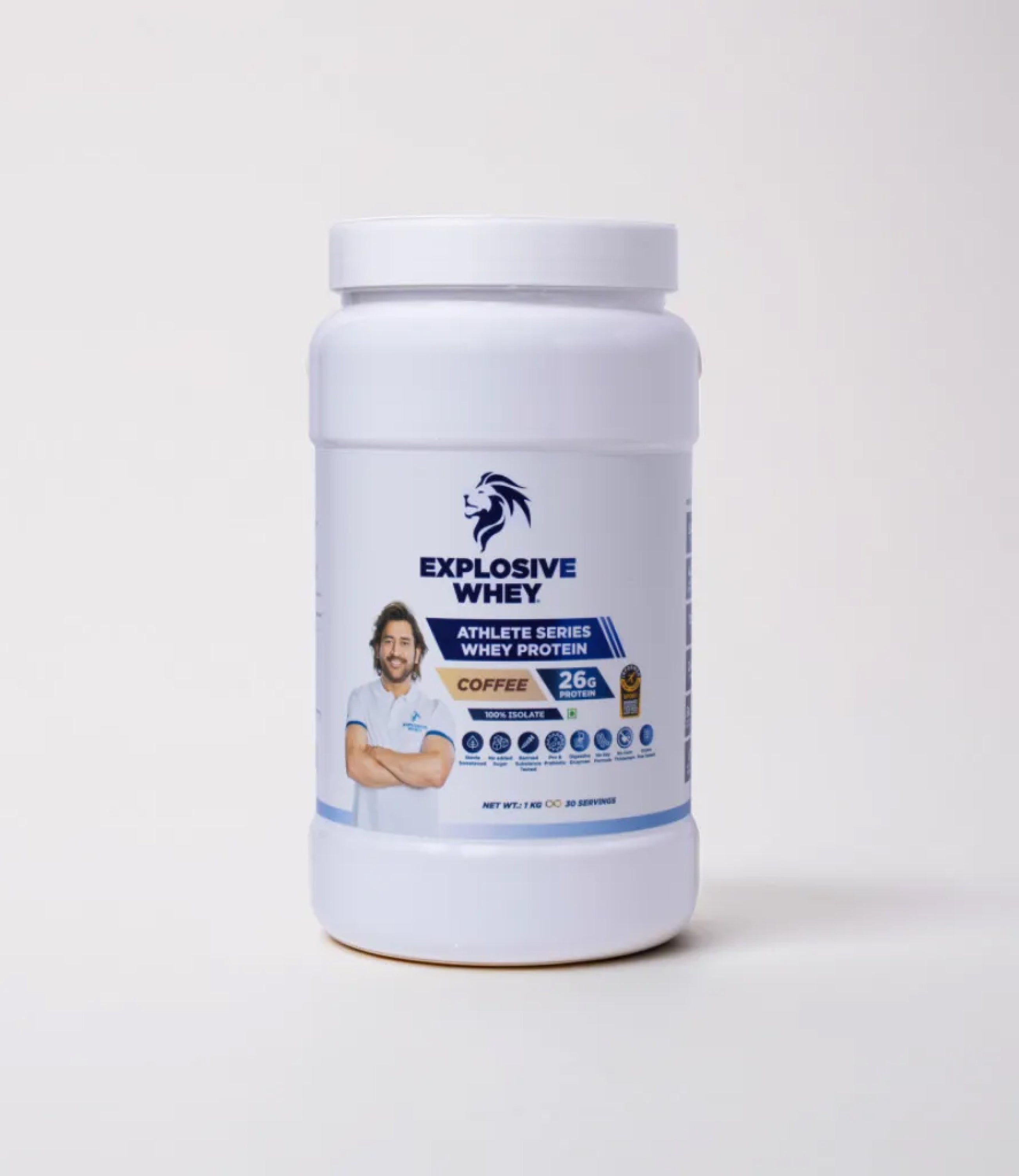

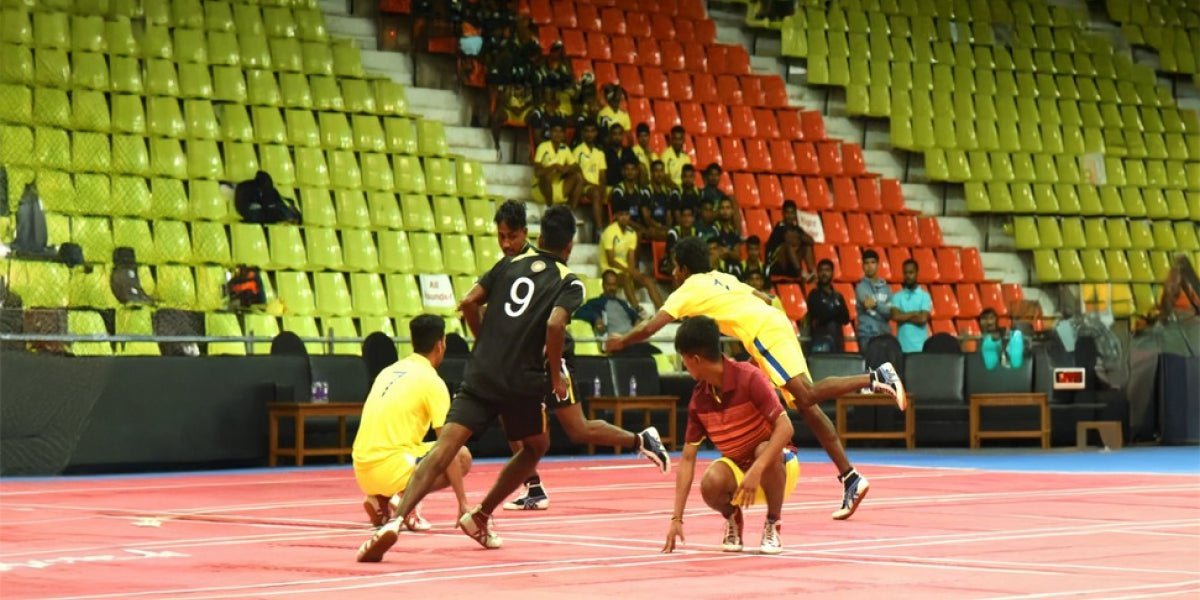
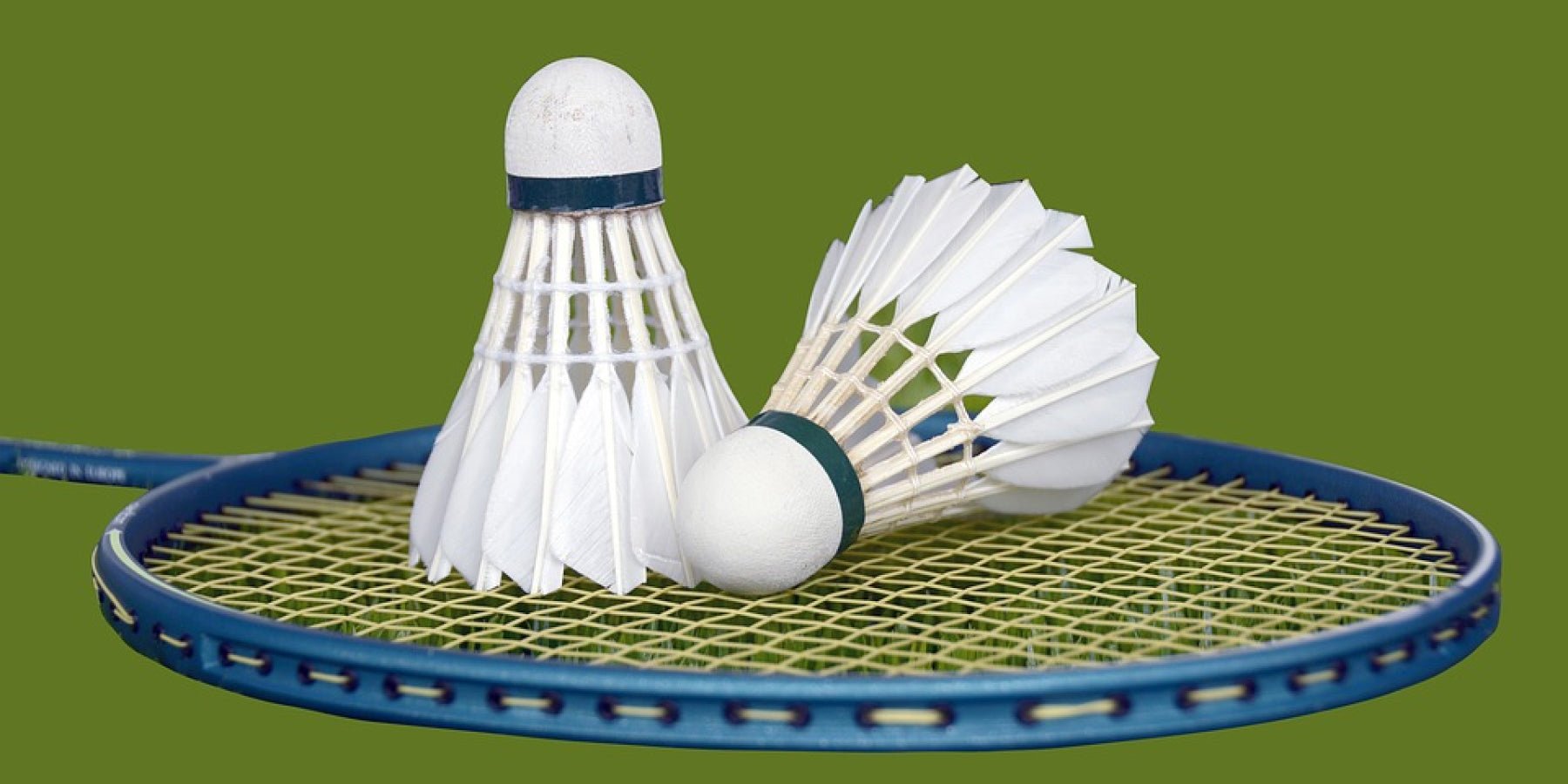
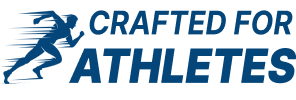
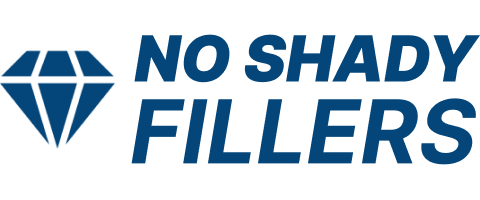

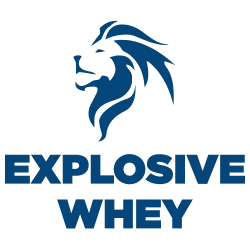
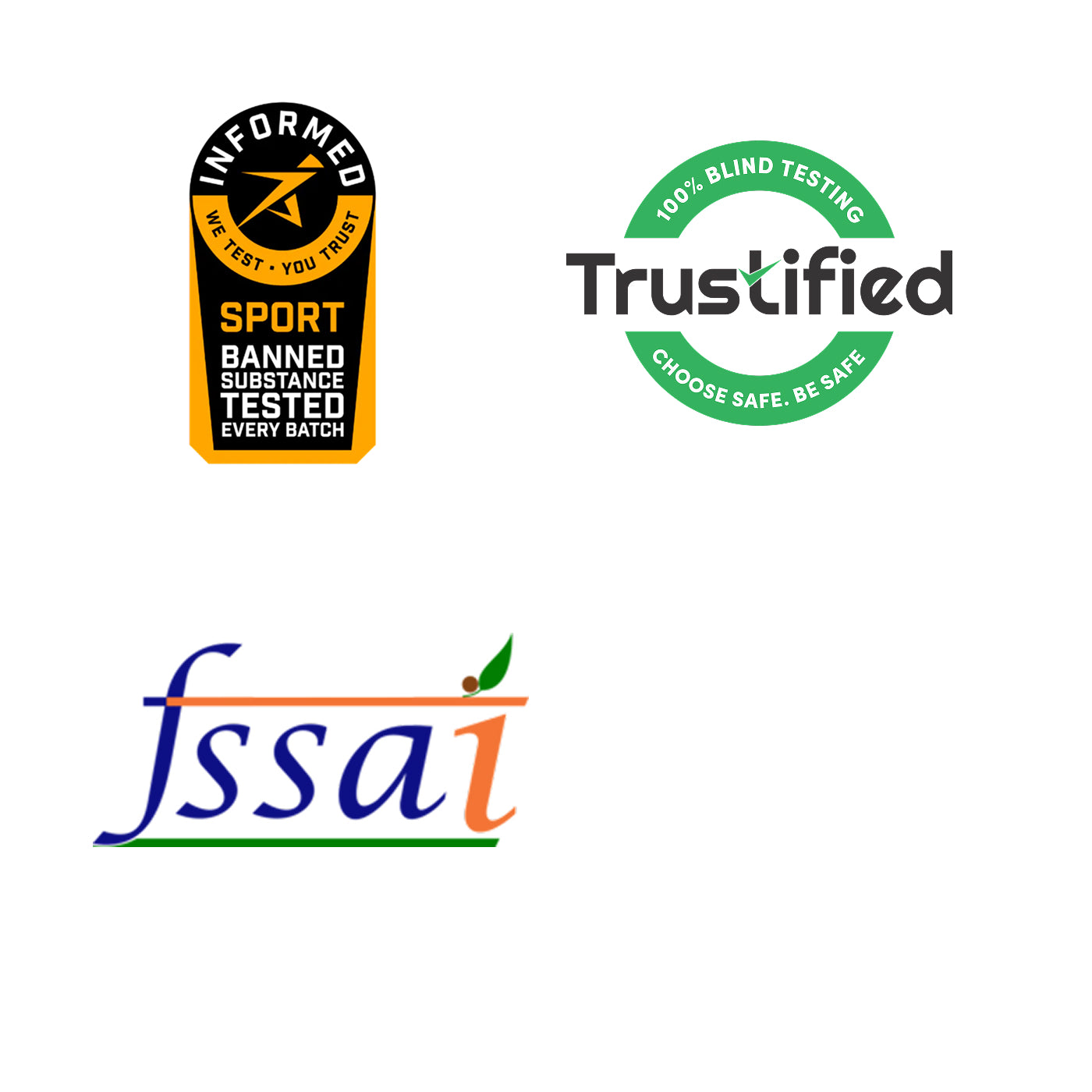
Leave a comment
This site is protected by hCaptcha and the hCaptcha Privacy Policy and Terms of Service apply.